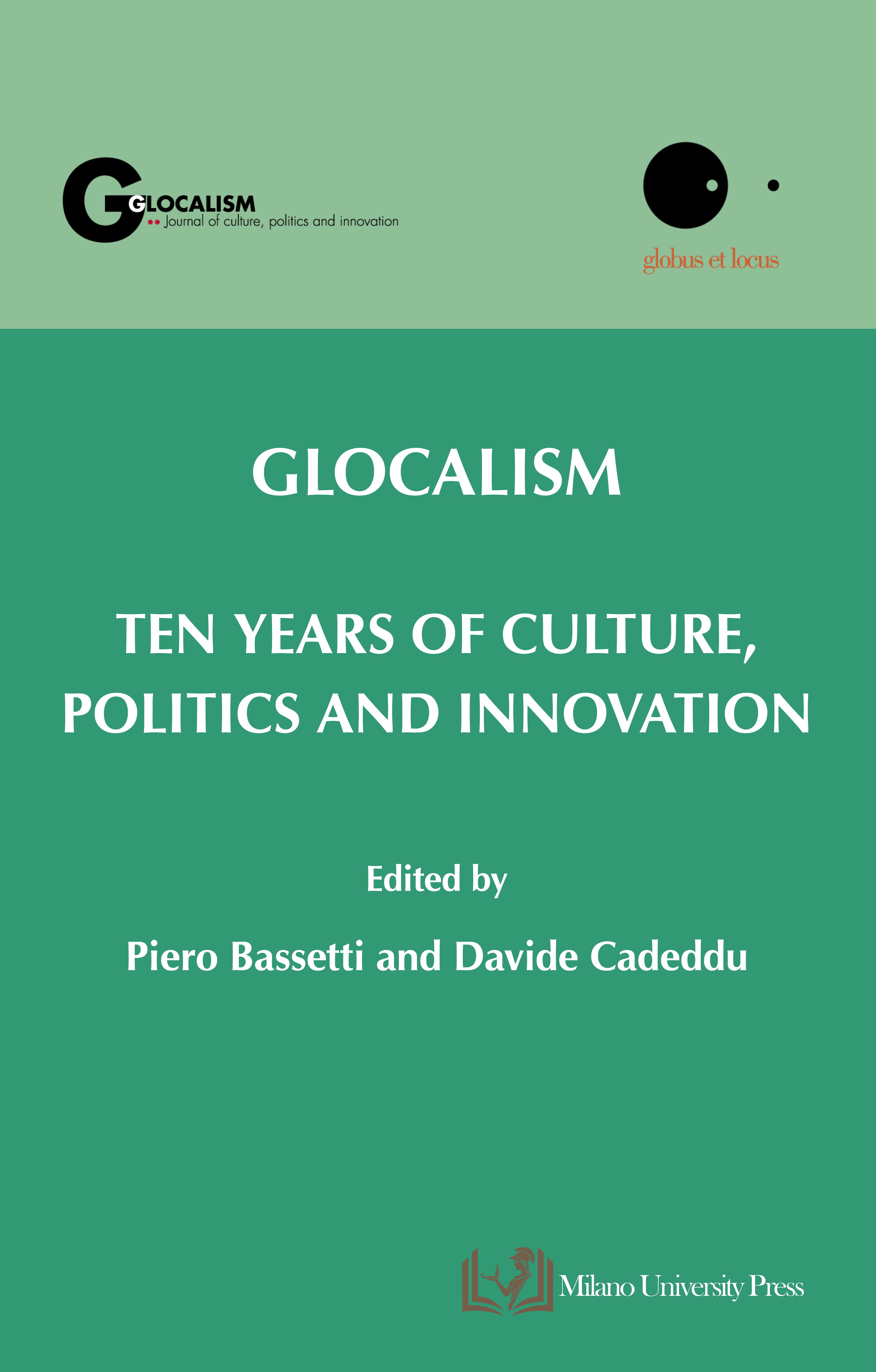Lenguas en uso y procesos de identificación: el caso de los descendientes de personas filipinas de Mesina
DOI:
https://doi.org/10.12893/gjcpi.2018.1.3Keywords:
identity, immigrants, Italy, languages, minors, PhilippinesAbstract
The main purpose of this work is to understand how young people of immigrant origin use different languages for communication in the reception community. These pages consider the linguistic habits of Philippine immigrant people’s descendants, living in Messina, who despite the fact they were born here or even though they have lived here most of their life, they still have the status of “foreigners”. Considering both some data submitted by national reports, – which reveal a considerable increase in the number of immigrant people’s sons and daughters in Italy –, we carry out a short analysis of the main characteristics of these minors frommigratorybackground. With reference to previous research activities, which examine important issues about the use of languages and sense of belonging to a certain community, we consider to stress the way in which the same young people from the Philippines communicate. Our aim is to know what languages do most of them speak, when, why and with whom and, above all, the explications which the same actors are able to give about their own actions.The main purpose is to study sociolinguistic integration trying to understand for which reasons the spoken languages are considered to be linked with the idea that one person can have regarding him/herself and about “the others” and if the dominance of a language can indeed affect people’s sense of identity.

Downloads
Published
How to Cite
Issue
Section
License
Copyright (c) 2018 Maria Cama

This work is licensed under a Creative Commons Attribution-ShareAlike 4.0 International License.











